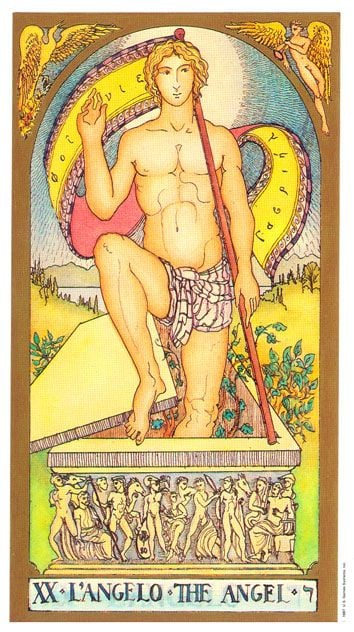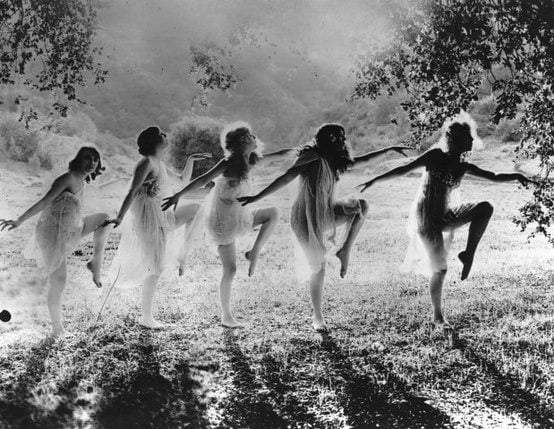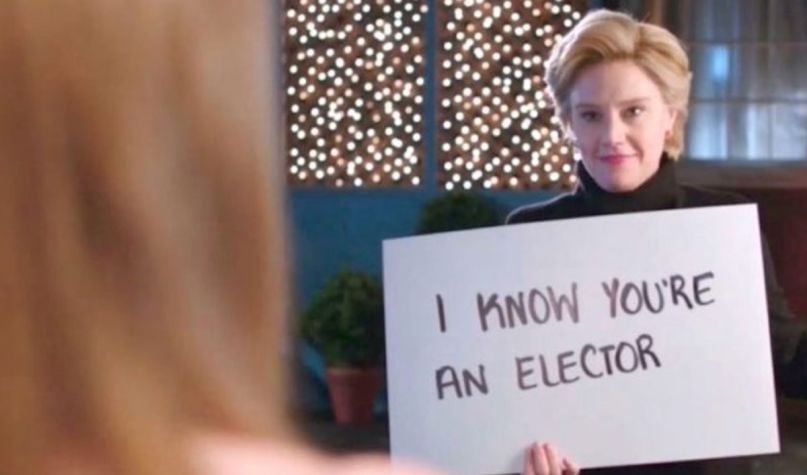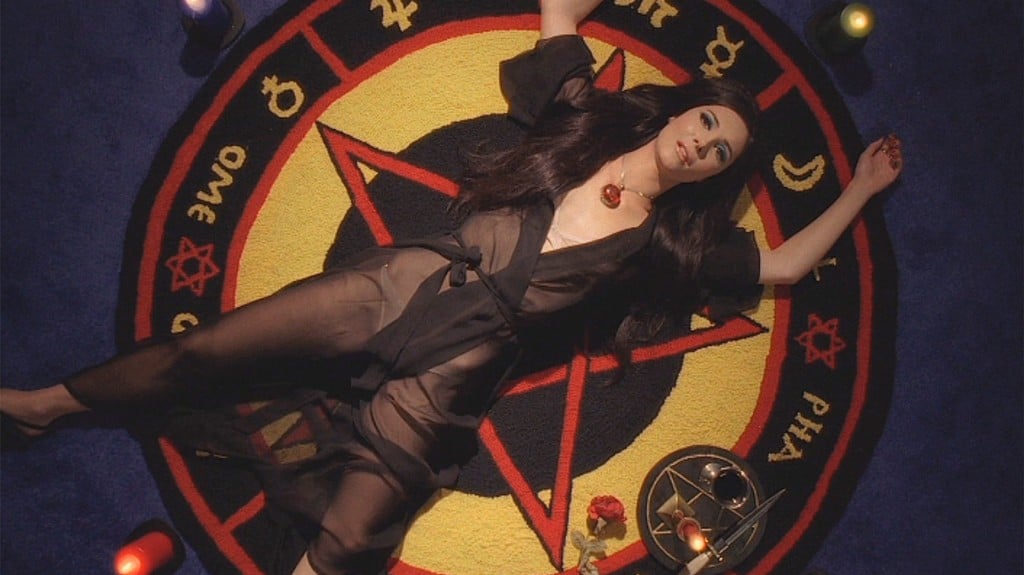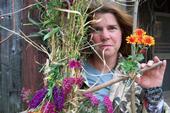 Blessings of Samhain! I have so enjoyed doing this project with Ambaa and getting to know more about her spirituality and cultural traditions. This week, we decided to answer questions related to death and dying and ancestor remembrance. We both contributed to the questions. 1) What are some of the rituals by which your religion honors ancestors?
Blessings of Samhain! I have so enjoyed doing this project with Ambaa and getting to know more about her spirituality and cultural traditions. This week, we decided to answer questions related to death and dying and ancestor remembrance. We both contributed to the questions. 1) What are some of the rituals by which your religion honors ancestors?
Ambaa: There are last rites and purification rituals when someone dies, but I’m more interested in the rituals that some do for long dead relatives and ancestors.
Some Hindus believe that a year of life on earth is equal to one day for those who are dead and so there is a yearly ritual to feed ancestors. Making offerings in conjunction with the rays of the sun is one such ritual. Many also make a special effort to feed and care for the poor during that time.
‘Pitri-Paksha‘ is a 16 day period around September into October that is a time to honor and remember ancestors. A more detailed explanation of this observance can be found here.
They say that you are born with a debt of gratitude towards God and towards your forebearers. Many say the best way to repay this debt is to be kind to others, be a good person, show your worth so your ancestors will be thought well of.
In the Mahabharata Yudhisthira says that the living are more numerous than the dead because the dead are no longer. While that is true enough, there may still be a sort of limbo in between births and the length of time a soul may spend there is said to vary depending on the good he did in his life.
Whether you believe that your ancestors are still existing in a form of some kind or that it is simply right to respect those who brought you to where you are today, there is a way within Hinduism for you to practice your belief.
Peg: In modern pagan witchcraft, there is no one specific ritual; some covens do rites to honor the recently departed. Often at Samhain witches and pagans will perform some kind of ritual to honor the dead; some perform a “dumb supper” that is based upon an old British Isles set of traditions; some folks will do keening circles, or meditative rites. My coven does a ritual cycle called the Book of the Provider that lasts several months and culminates at Samhain with the slaying of the Harvest Lord. It’s a powerful narrative about the mysteries of life and death as reflected in the agrarian cycles, with beautiful poetry. I’ve seen a very wide variety of ways that people perform such rites and all of them have been deep and moving in their own way.
2) How does your religion help you process the death of a loved one?
Ambaa: When it comes to losing someone you love, I’ve found it’s extremely challenging not to be selfish about it. As much as I believe that my best friend’s soul is moving forward and that she is a part of the universe and that true death is really impossible, I still selfishly want her in my life in the form she had when I knew her.
I’ve found it hard to let go of that. We are not our bodies and we are not our individual lives. We are so much more than that. I believe that with all my heart, but still I ache to have her back exactly the way she was.
Sometimes I think it would be nice to believe in a heaven where I’d find her in her bodily form and just hang out with her, talk and enjoy her company for eternity. But I’m not able to believe that. It sounds too ridiculous even just imagining it. Besides, neither one of us is Christian.
Peg: I’m not sure that it does. This is another matter that really varies widely within the path of paganism. I do like the idea of the Eternal Return, the myths that reflect our connection to the Earth and our part in all existence, and the Provider Cycle I mentioned above is steeped in this imagery. But I don’t always find such literature comforting, ultimately. Death is a frightening concept t many of us which may be one reason why Hallowe’en is such a popular holiday; unconsciously we seem to be seeking ways to engage with ideas of the underworld and death and dying, because confronting it directly is culturally awkward for whatever reason, and somewhat dysfunctional. Some pagans say “we lie in the arms of the Goddess” when we die; I do not conceive of a goddess or god as deity, but the idea of returning to Nature and becoming part of the whole cycle of life is intriguing and of course, as real as it gets!
3) What are your personal beliefs about the afterlife? Do they coincide with your chosen spiritual path?
Ambaa: My belief about what happens when we die is a huge part of why I’m a Hindu today. Reincarnation was just a given in my household growing up. It made sense. All the questions I had as a kid could be easily addressed with the concept of reincarnation.
Questions like: where do all the souls of all time go? Doesn’t heaven get crowded? Why do children die? Why do people die at different times? Why do some people seem to find a purpose in life and others never do? Why do we come into the world with different interests and personalities? Why would God put a time limit on finding Him?
When I asked those things as a kid, it was easy to understand how reincarnation addresses all of them.
When I was in college and encountered a branch of Christianity that insisted on exclusivity, I explored it. I thought it would be worth trying in case they were right. As much as I tried, I could not believe as they believed. The biggest hurdle was the reincarnation idea. I could not not believe in it. To me the world just doesn’t make any sense without it.
It was realizing how deeply ingrained the belief in reincarnation was for me that first led me to begin to think that I might be a Hindu.
That was nearly fourteen years ago! That questioning and exploring led me to realize that I had always been a Hindu I just hadn’t known it.
Peg: I wish I could even answer that question. Reincarnation is appealing; so is the Summerland. But I fear it may simple be nothingness, and oblivion. Paganism has not given me a very solid grasp on how to conceptualize this; I am still seeking answers.






